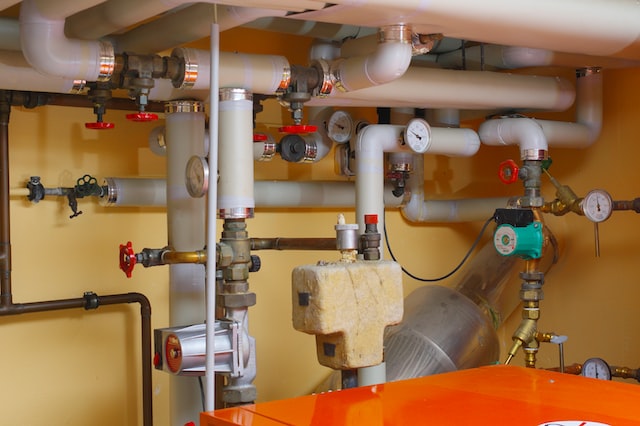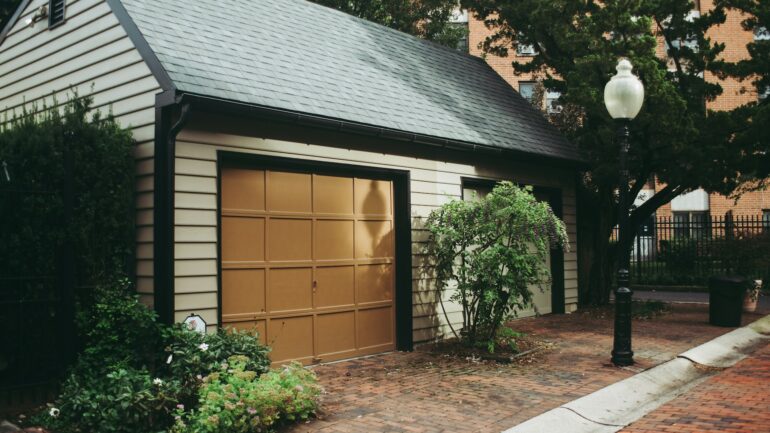Plumbing is an integral part of any building. It transports water, heats fluids, and cools them. However, many people don’t understand how plumbing works and how to take care of it. That’s why it’s essential to know the basics of this complex system. This will help you avoid problems and save money in the long run.
Contents
Plumbing Standards
Plumbing systems are a critical part of any building. They ensure the safety of drinking water and eliminate sewage and other wastes from a property.
Different jurisdictions adopt plumbing code requirements to assure competent and functional installation of plumbing systems, reduce leaks in waste and supply systems, and provide a safe, healthy environment.
The evolution of the plumbing discipline has created a complex set of design challenges distinctly distinct from HVAC systems. This has made it increasingly difficult for a licensed HVAC engineer to maintain the legally required competency to stamp plumbing drawings.
To address this need, ASPE’s Professional Engineer Working Group (PEWG) has been working for about six years to develop a depth module on the Principles and Practice of Engineering exam. Their efforts have been successful, and the group has gained support from 10 state licensing boards for a PE exam that includes a plumbing depth module.
Plumbing Codes
Plumbing codes are important to the profession because they ensure that homes and commercial buildings remain safe and sanitary. For example, a leaking water heater could pose a fire hazard, or improper sewage disposal can harm others in the community.
Every country has a set of rules and statutes that dictate what can and cannot be done within the building trade. These codes keep evolving as new building techniques, innovations, and processes become available to builders.
If you are a plumber, read the codes thoroughly before beginning any work. Failure to comply can cost you money and lead to fines, so it is worthwhile to stick to the regulations.
Plumbing Materials
Plumbing pipes are used in various ways, from carrying water to the kitchen faucet to transporting sewage away from home. The materials these pipes are made of play a large role in the quality and performance of the plumbing system.
A good plumbing system will use strong materials that last for decades and resist leaks. It will also be durable and withstand high-pressure levels, which helps prevent water damage and reduce energy costs.
Pipes for hot and cold water supply and drain lines are generally made of polyvinyl chloride (PVC). This material is non-corrosive and is very low-maintenance.
Another popular choice for plumbing pipes is polyethylene cross-linked (PEX) tubing. This plastic is durable and doesn’t leach rust or corrosion into the water, which can cause a foul taste or odor.
Plumbing Installation
Plumbing systems play a major role in the operation of any liveable building. They include sewage, water heaters, drainage, and many other utilities that ensure your home or business can function properly.
Plumbing is not easy, and any errors during the installation process can lead to plumbing problems down the road. That’s why it’s crucial to ensure the plumbing system is installed by a competent professional.
In a new house, plumbers typically map out the entire system, including water supply lines, drains, and pipes for appliances and fixtures. They also use various piping materials, including copper tubing and composite materials.
They must also follow local codes when installing the water supply line and other plumbing parts. This includes obtaining and securing permits. It also ensures that the plumbing system does not weaken the home’s structure. Some of these requirements are the same for every state, but others may vary from one place to another.





